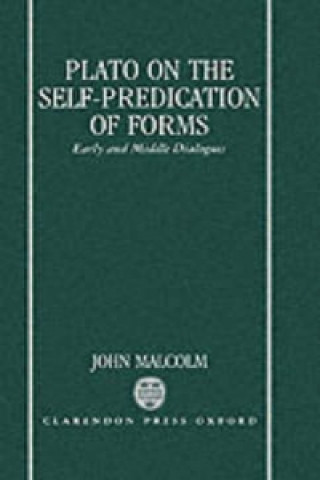
Kód: 04523821
Plato on the Self-Predication of Forms
Autor John Malcolm
Much of the recent literature published on Plato's metaphysics has involved the Third Man Argument found in his dialogue Parmenides. This argument depends upon construing Forms both as universals and as paradigm examples, and thus ... celý popis
- Jazyk:
 Angličtina
Angličtina - Väzba: Pevná
- Počet strán: 238
Nakladateľ: Oxford University Press, 1991
- Viac informácií o knihe

Mohlo by sa vám tiež páčiť
-
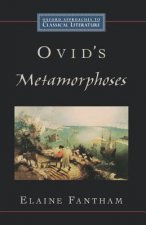
Ovid's Metamorphoses
63.42 € -
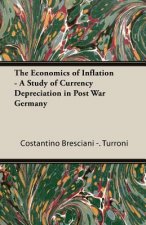
Economics Of Inflation - A Study Of Currency Depreciation In Post War Germany
48.40 € -

Remote Luxury
84.46 € -

Mars-1
40.23 € -

Dance with a Vampire
10.51 € -7 % -

Secret Language of Your Name
20.62 € -
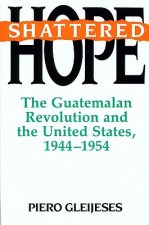
Shattered Hope
89.57 €
Darčekový poukaz: Radosť zaručená
- Darujte poukaz v ľubovoľnej hodnote, a my sa postaráme o zvyšok.
- Poukaz sa vzťahuje na všetky produkty v našej ponuke.
- Elektronický poukaz si vytlačíte z e-mailu a môžete ho ihneď darovať.
- Platnosť poukazu je 12 mesiacov od dátumu vystavenia.
Viac informácií o knihe Plato on the Self-Predication of Forms
Nákupom získate 730 bodov
 Anotácia knihy
Anotácia knihy
Much of the recent literature published on Plato's metaphysics has involved the Third Man Argument found in his dialogue Parmenides. This argument depends upon construing Forms both as universals and as paradigm examples, and thus as being subject to self-predication. Professor Malcolm first presents a new and radical interpretation of Plato's earlier dialogues. He argues that the few cases of self-predication contained therein are acceptable simply as statements concerning universals (for example, 'beauty is beautiful'), and that therefore Plato is not vulnerable in these cases to the Third Man Argument. In considering the middle dialogues, Professor Malcolm takes a conservative stance, rejecting influential current doctrines which portray the Forms as being not self-predicative. He shows that the middle dialogues do indeed take Forms to be both universals and paradigms, and thus to exemplify themselves. The author goes on to consider why Plato should have been unsuccessful in avoiding self-predication. He shows that Plato's concern to explain how the truths of mathematics can indeed be true played an important role in his postulation of the Form as an Ideal Individual. The author concludes with the claim that reflection on the ambiguity of such notions as the 'Standard Yard' may help us to appreciate why Plato failed to distinguish Forms as universals from Forms as paradigm cases.
 Parametre knihy
Parametre knihy
Zaradenie knihy Knihy po anglicky Humanities Philosophy History of Western philosophy
294.66 €
- Celý názov: Plato on the Self-Predication of Forms
- Podnázov: Early and Middle Dialogues
- Autor: John Malcolm
- Jazyk:
 Angličtina
Angličtina - Väzba: Pevná
- Počet strán: 238
- EAN: 9780198239062
- ISBN: 0198239068
- ID: 04523821
- Nakladateľ: Oxford University Press
- Hmotnosť: 442 g
- Rozmery: 224 × 144 × 19 mm
- Dátum vydania: 27. June 1991
Obľúbené z iného súdka
-

Meditations
9.39 € -24 % -

The Myth of Sisyphus
8.06 € -

Why I Am so Clever
4.18 € -11 % -

Meditations
14.90 € -23 % -

Republic
11.94 € -17 % -

Beyond Good and Evil
11.12 € -23 % -

Gay Science
12.66 € -22 % -

Aphorisms on Love and Hate
3.56 € -
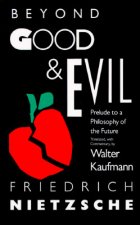
Beyond Good & Evil
12.86 € -21 % -
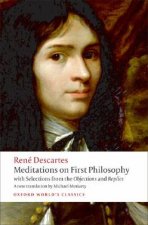
Meditations on First Philosophy
10.71 € -19 % -
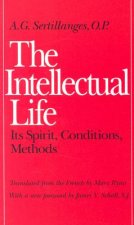
Intellectual Life
19.50 € -19 % -

Socrates' Defence
5.10 € -
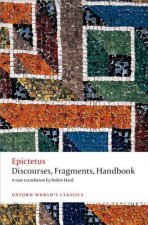
Discourses, Fragments, Handbook
11.63 € -19 % -

Ride the Tiger
25.12 € -3 % -

Thus Spoke Zarathustra
9.79 € -24 % -

Fear and Trembling
13.78 € -21 % -
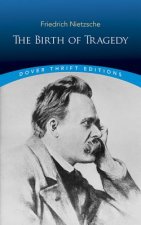
Birth of Tragedy
4.08 € -13 % -
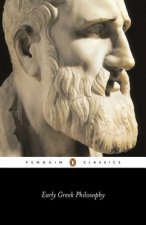
Early Greek Philosophy
14.39 € -23 % -
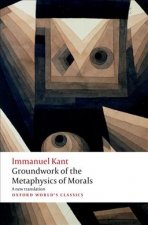
Groundwork for the Metaphysics of Morals
10.92 € -19 % -
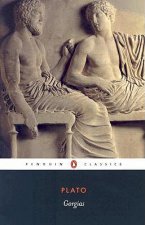
Gorgias
11.74 € -
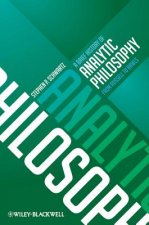
Brief History of Analytic Philosophy - From Russell to Rawls
38.60 € -2 % -
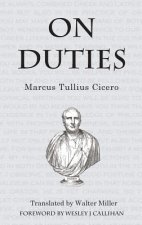
On Duties
13.68 € -4 % -

Discourses and Selected Writings
10.92 € -24 % -

Nicomachean Ethics
6.02 € -19 % -

Nausea
11.02 € -13 % -

Letters from a Stoic
12.35 € -15 % -

Meditations
20.01 € -21 % -

Simulacra and Simulation
22.87 € -

Phenomenology of Spirit
34.82 € -

Twilight of the Idols with The Antichrist and Ecce Homo
5.91 € -13 % -
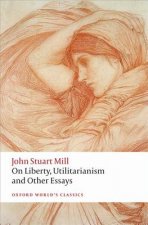
On Liberty, Utilitarianism and Other Essays
9.39 € -23 % -

On the Suffering of the World
8.16 € -25 % -

Human Condition
21.54 € -9 % -

On the Shortness of Life
8.57 € -18 % -

Existentialism Is a Humanism
9.08 € -19 % -

Think
12.25 € -15 % -

Guide to the Good Life
18.99 € -2 % -
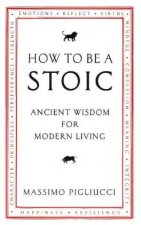
How To Be A Stoic
15.82 € -22 % -

The Symposium
9.28 € -19 % -

Human, All Too Human & Beyond Good and Evil
9.18 € -18 % -

At The Existentialist Cafe
12.76 € -24 % -
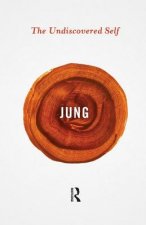
Undiscovered Self
28.59 € -
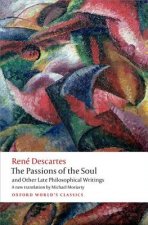
Passions of the Soul and Other Late Philosophical Writings
12.25 € -23 % -

The Trouble With Being Born
13.17 € -18 % -
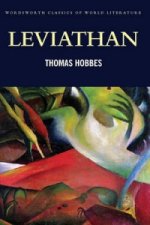
Leviathan
5.20 € -30 % -
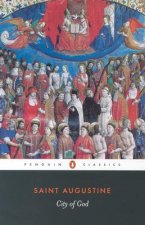
City of God
18.89 € -2 % -

Ecce Homo
12.96 € -21 % -
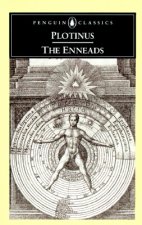
Enneads
16.33 € -19 % -
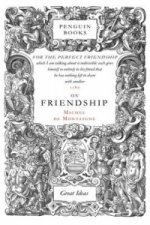
On Friendship
7.96 € -22 %
Osobný odber Bratislava a 2642 dalších
Copyright ©2008-24 najlacnejsie-knihy.sk Všetky práva vyhradenéSúkromieCookies



 21 miliónov titulov
21 miliónov titulov Vrátenie do mesiaca
Vrátenie do mesiaca 02/210 210 99 (8-15.30h)
02/210 210 99 (8-15.30h)